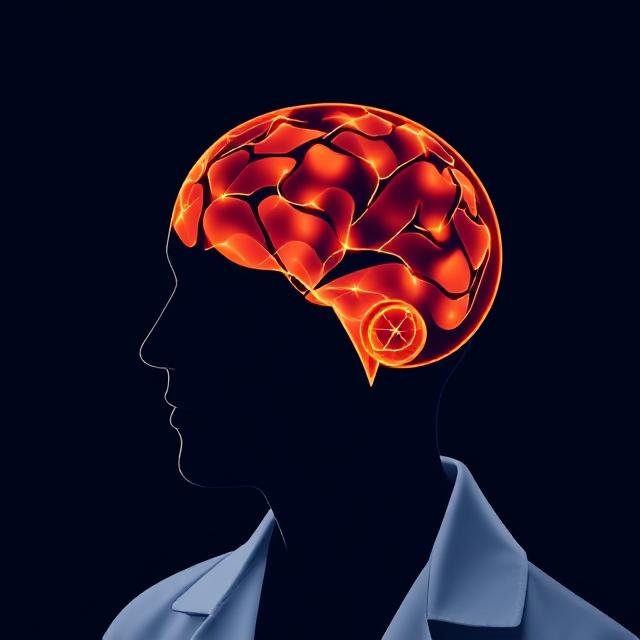Psychology
Psychology is the scientific study of the mind and behavior.
It seeks to answer profound questions:
Why do we think and feel the way we do?
How do mental processes influence actions?
How can we promote mental health and well-being?
The American Psychological Association (APA) defines psychology as the discipline that “embraces all aspects of the human experience — from the functions of the brain to the actions of nations, from child development to care for the aged” (APA, 2024).
Psychology is both a science and a practical tool for improving lives—whether through therapy, research, or interventions in schools, workplaces, or healthcare.
Information Processing Theory in Psychology: Understanding How the Mind Works
Critical Period in Brain Development: Definition, Importance, and Insights
FREQUENTLY ASKED QUESTIONS
Is psychology a science or just common sense?
Can a psychologist prescribe medication?
What’s the difference between a psychologist and a psychiatrist?
Psychologists: Hold doctoral degrees (Ph.D. or Psy.D.) and focus on therapy, testing, and research.
Psychiatrists: Are medical doctors who can prescribe medication and often treat severe mental illnesses.
How can psychology help in everyday life?
Manage stress and anxiety
Improve communication
Build better relationships
Enhance learning and memory
Promote well-being and resilience
KEY TERMS
Clinical Psychology
Clinical psychologists:
Assess and diagnose mental illnesses
Provide psychotherapy and counseling
Develop treatment plans for emotional and behavioral disorders
According to the U.S. Bureau of Labor Statistics (2024), clinical psychology is one of the fastest-growing mental health professions, driven by increased demand for mental health services BLS, 2024
Cognitive Psychology
Cognitive psychology explores:
Memory
Perception
Problem-solving
Decision-making
Developmental Psychology
Developmental psychologists study human growth across the lifespan, examining how:
Infants learn language
Adolescents form identity
Aging impacts cognition
Social Psychology
Social psychologists investigate how people:
Influence one another’s attitudes and behaviors
Form groups and societies
Develop stereotypes and prejudices






